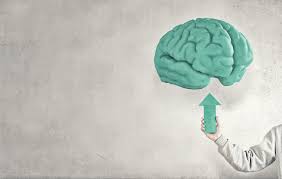Many people have a specific image of Where Do Psychologists Work? One popular notion is that psychologists spend most of their time talking to people about their emotional problems. Another is that psychologists can usually be found showing people inkblots and asking them what they see. Still another image is that psychologists carry stopwatches and clipboards and tirelessly watch rats run through mazes until, after a while, they begin to look a little like rats themselves.
All of these images have a grain of truth to them: psychotherapy, psychological testing, and research with laboratory animals are all among the activities of psychologists. As you probably realize by now, however, none of these images provides an ac-curate picture of the psychologist. There are well over 100,000 psychologists in the United States and Canada, and they are not all alike. Psychologists work in different settings: in colleges and universities, hospitals and clinics, government agencies, schools, businesses, and their own independent practices. In addition, psychologists specialize in different sub-fields of the field of psychology.
Where Do Psychologists Work And What Do Psychologists Do
Science, Practice, and Teaching.
The activities of psychologists can be roughly divided into three major headings: science, practice, and teaching. When they work as scientists, psychologists con-duct research that extends our knowledge about behavior and mental processes. When they work as practitioners, psychologists apply this knowledge. These applications include providing psychological counseling to individual clients, working with groups and organizations, and helping to develop social policies and programs.
Finally, when they work as teachers—typically as professors in colleges and universities—psychologists communicate this knowledge to students. Many psychologists engage in more than one of these activities, moving back and forth between research, practice, and the classroom. For example, many college and university professors both teach and do research. Many clinical psychologists who provide mental health services also conduct research. Indeed, more than one out of four American psychologists with a doctoral degree engage in all three activities—research, practice, and teaching. The close connection between science, practice, and teaching is a hallmark of psychology.

